In a wide-ranging address to the AHDB Meat Exporters Conference today, Minister George Eustice said that in a worst case scenario of no free trade agreement (FTA) with the EU, there would be support for the sheepmeat sector from the British government.
The focus of the conference was what exactly trading under WTO rules is like. The AHDB used the occasion to launch its latest Horizon publication on Brexit – The WTO and its implications for UK Agriculture. The publication provides detail on how international trade is conducted under WTO rules and how they would impact exports of agricultural produce in particular.
In his address, the Minister reaffirmed his view that the UK would do better outside the constraints of the EU, and was confident that a new partnership could be forged with the EU through an FTA. He suggested that the proposal in the Great Repeal Bill to adopt all current EU rules on day one as the starting point would avoid the “cliff edge” scenario.
Listen to "UK Agriculture Minister George Eustice" on Spreaker.
Listen to "Phil Bicknell from ADHB" on Spreaker.
Trade deficit
He was also optimistic that the trade deficit that the UK has with the EU would make the UK market a lucrative attraction for the EU in a post-Brexit scenario. This confidence, plus the prospect of a trade deal with countries outside the EU, made Brexit an attractive proposition for the UK, according to the Minister. He also affirmed that there would be no compromise in UK standards in trade deals with other countries post-Brexit. This was challenged in a question and answer session after his presentation on how he expects the UK to resist USA demand for acceptance of hormone-treated beef in any trade discussion.
He also spoke of the opportunity to shape a new British agricultural policy that would improve on the CAP after Brexit. However, he didn’t elaborate on the topic.
In the discussion session, the minister was challenged on labour difficulties already being experienced in the processing industry. He responded by saying that taking back control of immigration didn’t mean “lifting the drawbridge” and that Government would develop a suitable permit system to address the labour issue post-Brexit.
He was also challenged on the readiness of DEFRA for the new situation, to which he responded that for 40 years its function had been devolved to Brussels and that this was an opportunity to build and re-involve Parliament in agricultural matters.




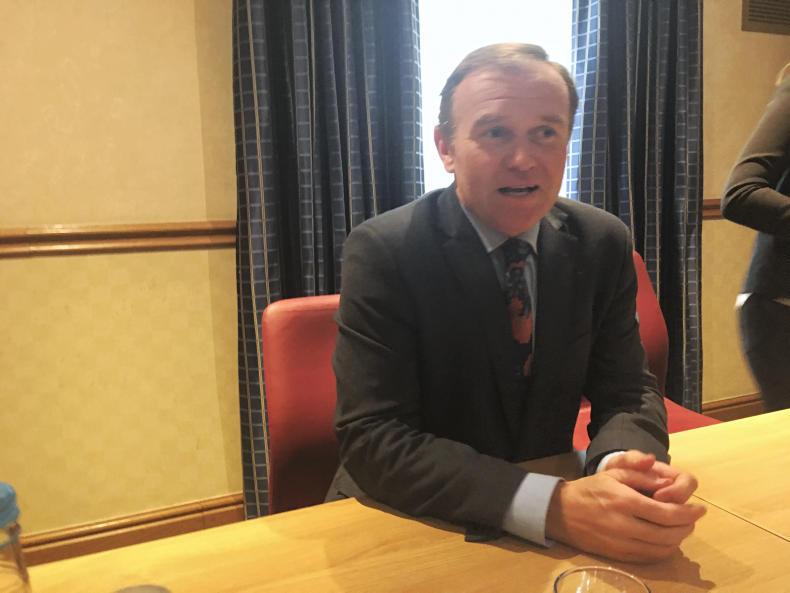
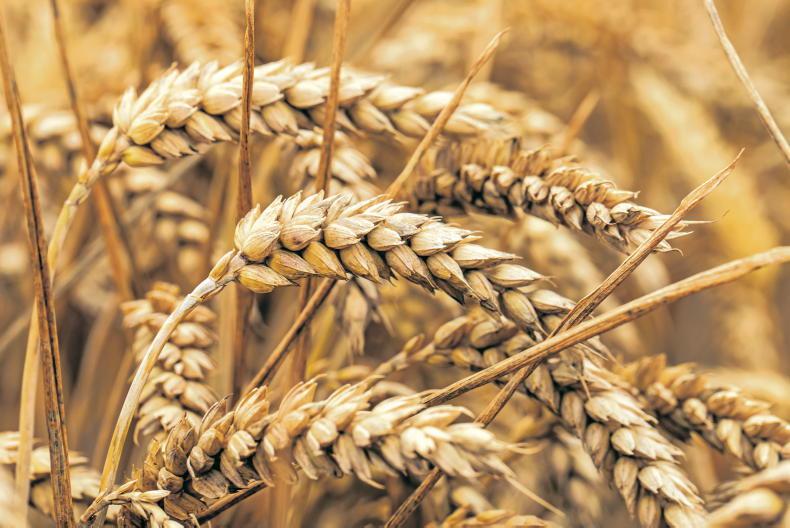

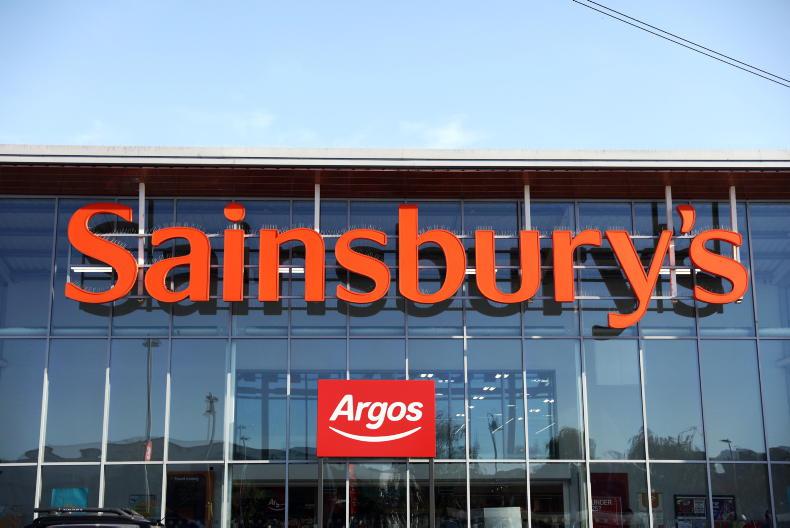
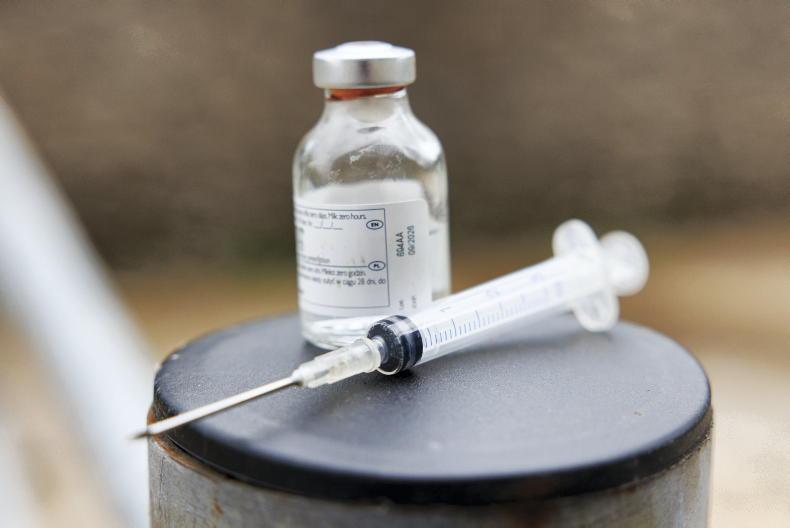
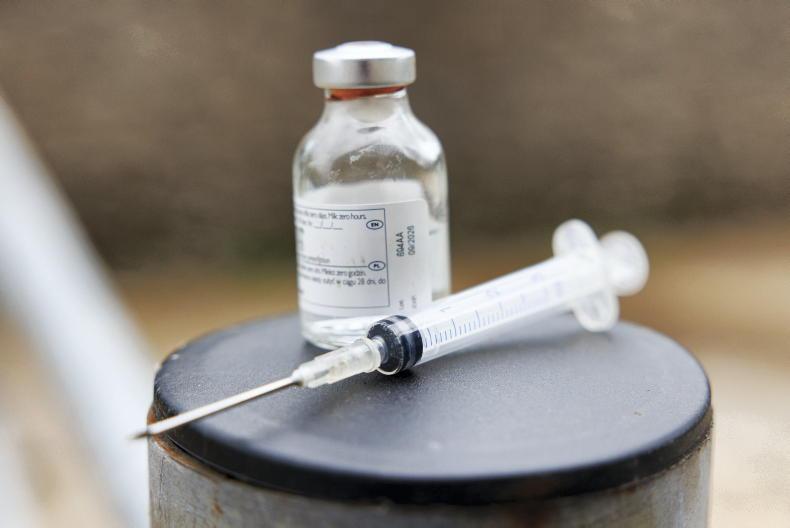
SHARING OPTIONS